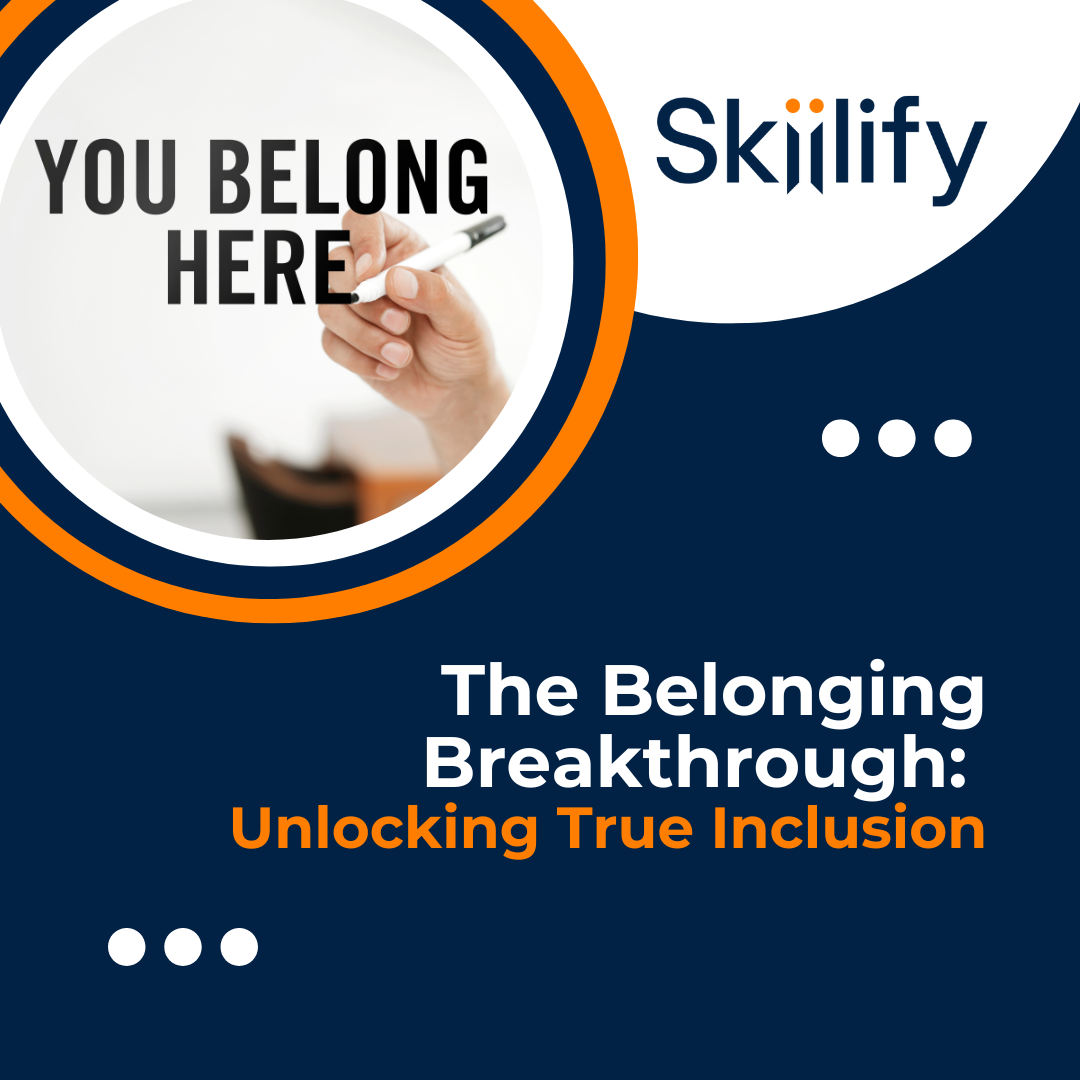
The Belonging Breakthrough: Unlocking True Inclusion
When employees from different backgrounds don’t feel a sense of belonging, they disengage, innovation suffers, and turnover increases. Conversely, when organizations facilitate meaningful interactions, employees experience greater psychological safety, stronger professional networks, and improved collaboration. These benefits extend beyond the individual to impact team effectiveness and overall company performance.
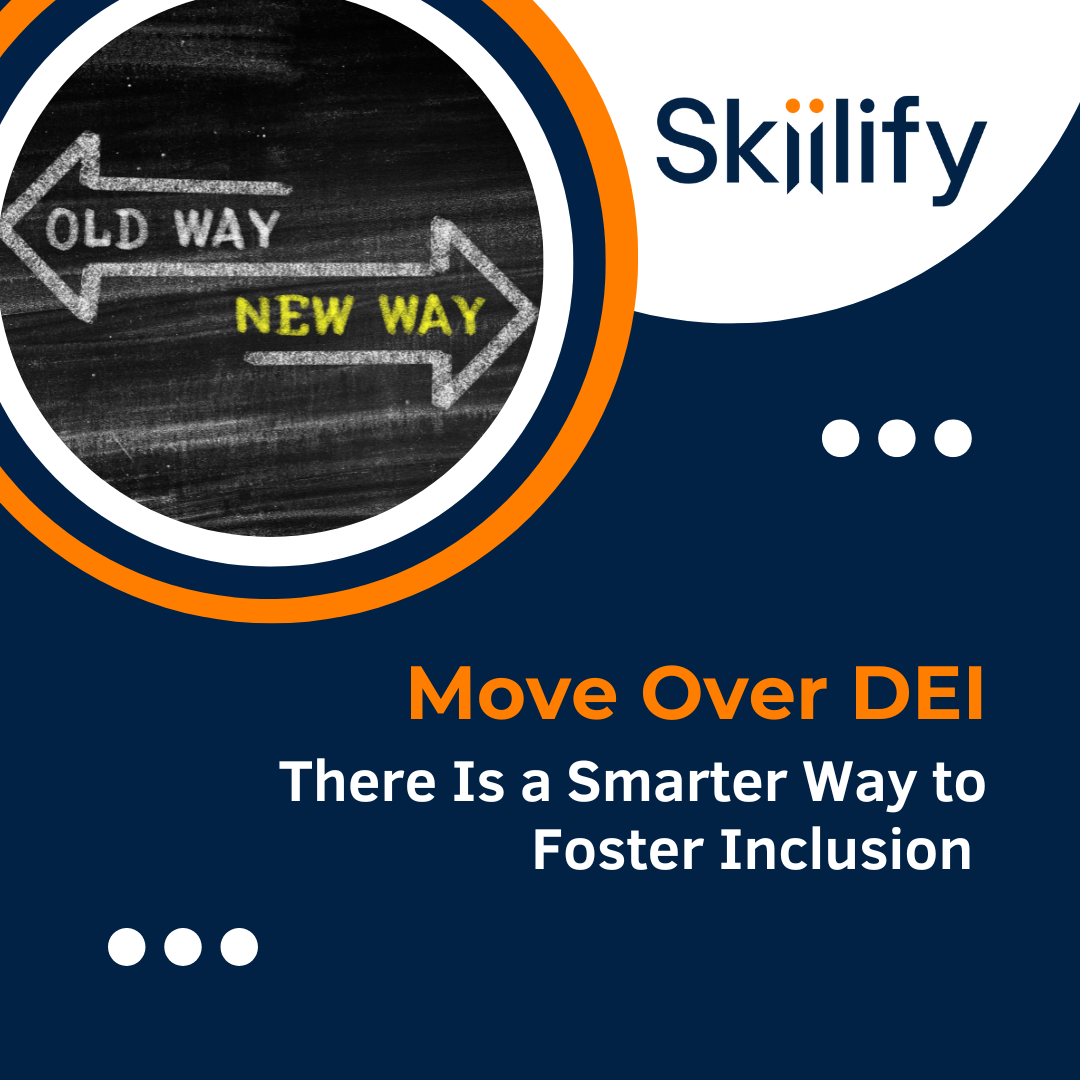
Move Over DEI: There Is a Smarter Way to Foster Inclusion
True inclusion isn’t about performative efforts—it’s about creating workplaces where everyone can thrive. Companies embracing cultural agility are setting a new standard, moving beyond outdated DEI initiatives to drive real, measurable impact.

The Surprising Factor that Makes or Breaks Global Negotiations
In today’s global business environment, the ability to navigate cultural differences can make or break international deals, such as mergers and joint ventures. While the financials and strategic fit are necessary, trust and cultural understanding are often the true keys to successful cross-border partnerships. Before entering negotiations abroad, most companies prepare their teams to engage with their cross-border colleagues with diverse cultural values. Want an advantage?

Five Ways for International Students to Thrive on Campus
Studying in another country offers an exciting opportunity to learn, grow, and adapt to a new culture. However, it can also be challenging for international students to navigate an unfamiliar environment. Here are five actionable ways international students can thrive on campus by enhancing their cultural adaptation skills.
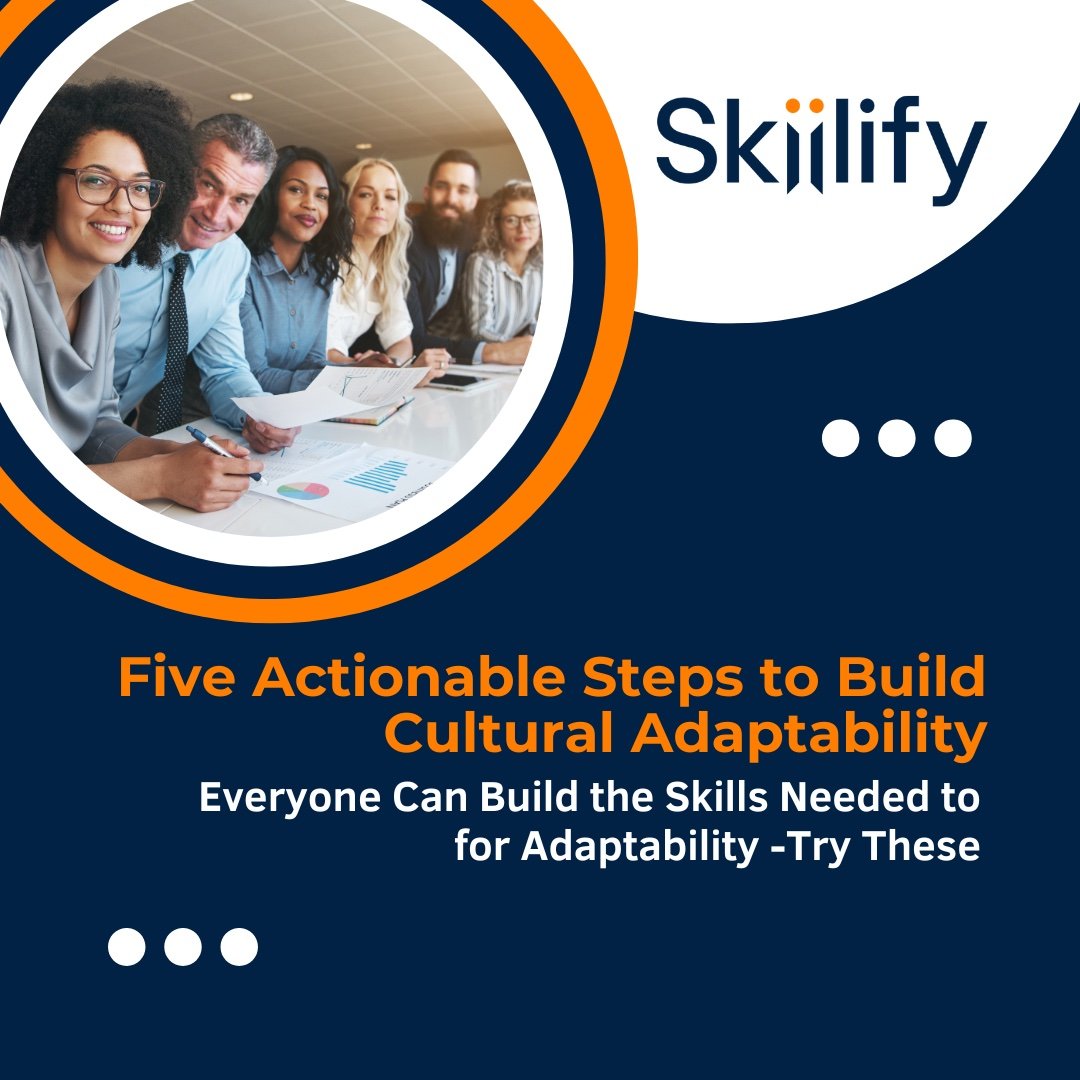
Five Actionable Steps to Build Cultural Adaptability
In today’s interconnected world, cultural agility is a must-have for anyone navigating diverse teams, learning a new organizational culture, working with generational differences, and working in multinational environments. One of the key aspects of cultural agility is cultural adaptability—the ability to adjust your behavior, communication, and expectations when interacting with individuals from different backgrounds.
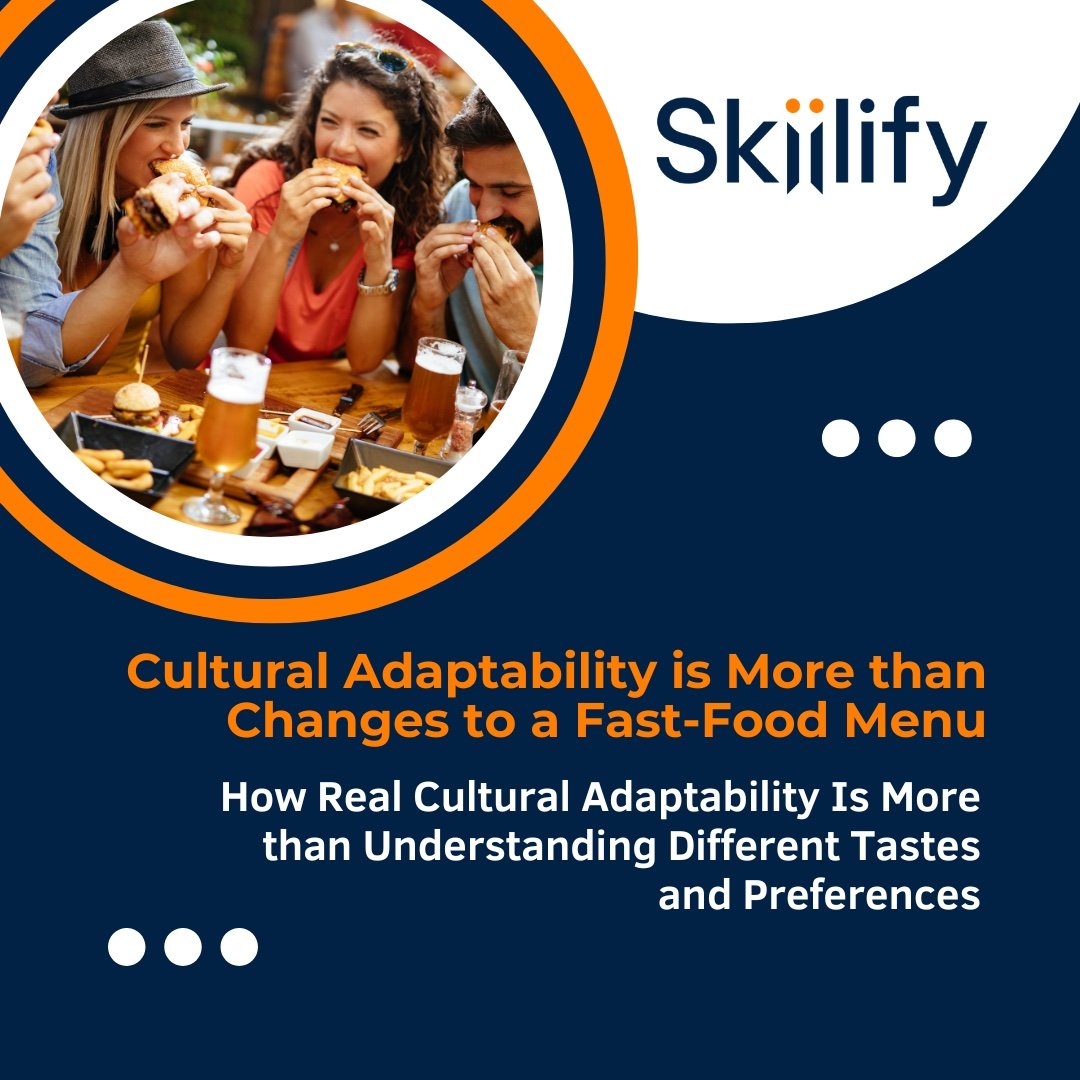
Cultural Adaptability is More Than Fast-Food Menu Changes
Everyone who needs to (quickly) describe cultural adaptability will point to the time when they visited a McDonald's in another country and describe something local on the menu that they wouldn’t find in their home country. Yawn. Cultural adaptability is far more than recognizing the differences in rather obvious regional tastes and preferences.
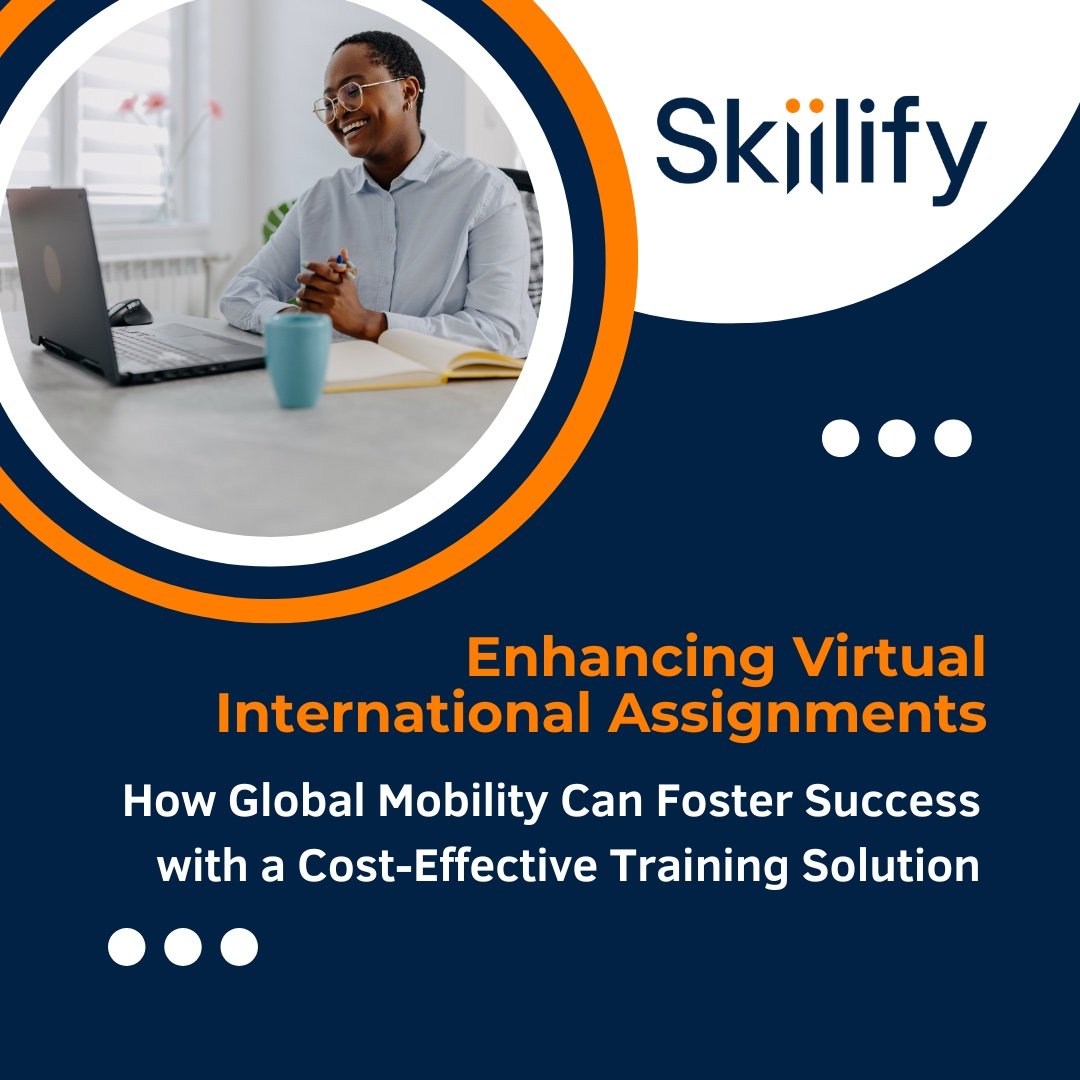
Enhancing Virtual International Assignments with a Cost-Effective Training Solution
Virtual international assignments are becoming an essential tool for organizations seeking to expand their global footprint without the costs of relocating employees. Yet, for global mobility managers, the challenge remains: how can you effectively train employees to navigate the complexities of international work when they aren’t physically immersed in another culture?

Employees with Diverse Networks Are the (Surprising) Key to Future Business Growth
In today's fast-paced, interconnected world, having a workforce that brings a range of experiences and perspectives is essential for success. While skills and qualifications are often the primary focus during the hiring process, there’s an often-overlooked asset that can bring tremendous value to an organization: a candidate’s professional network.

Three Secrets to Foster Inclusion
One of the most effective ways culturally agile leaders can create an inclusive environment is by embracing the practice of perspective-taking. This means that each of your team members knows how to step into their colleagues’ proverbial shoes, see the world through their eyes, and understand their experiences and viewpoints.

Build the Soft Skills You Need for an AI-Driven Future
As artificial intelligence (AI) changes how we work, it's not just technical skills that matter anymore. While automation can handle many tasks, the future will belong to those who can combine their tech expertise with key soft skills. If you want to stay ahead in this AI-driven world, mastering self-management and relationship-management skills is essential.
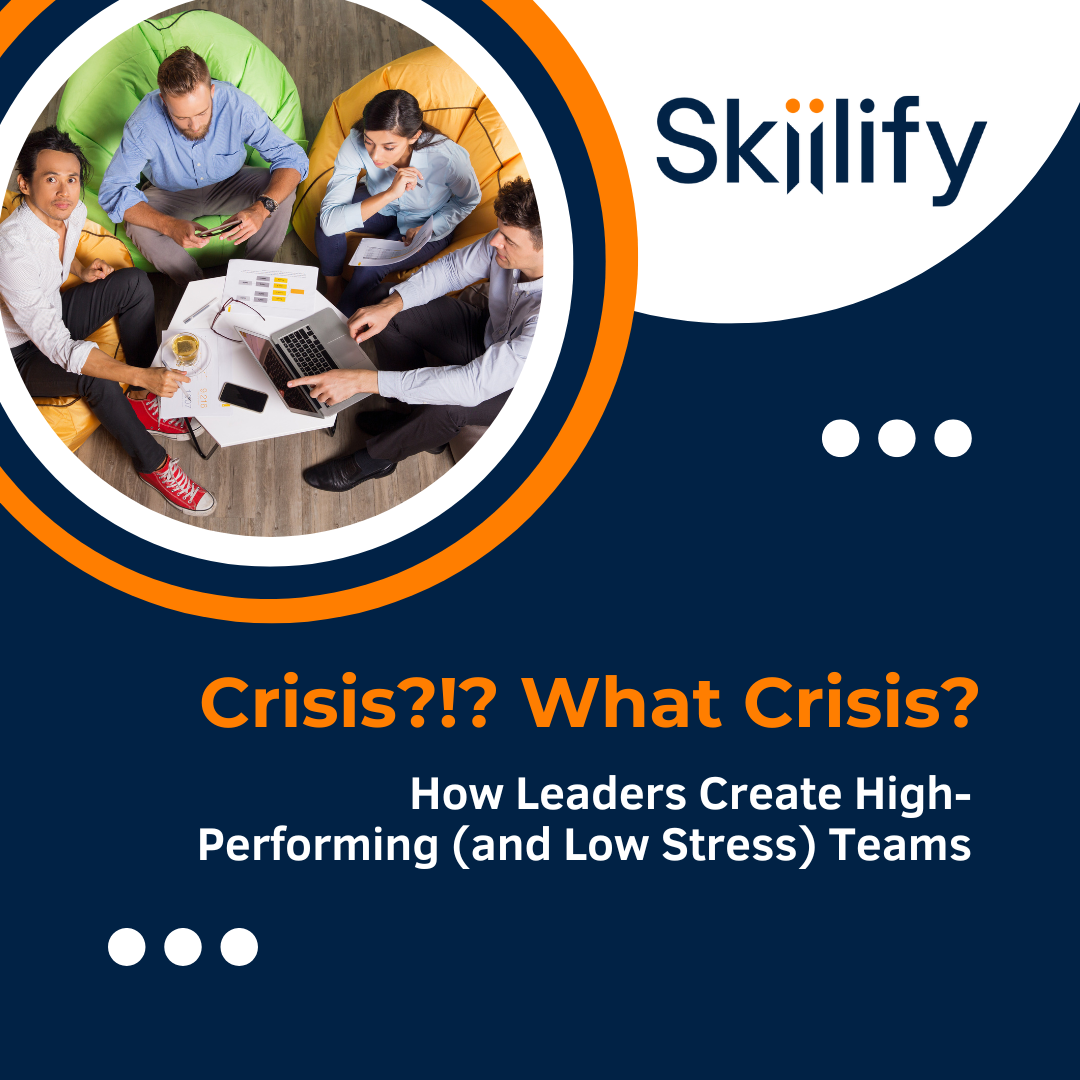
Crisis? What Crisis? How to Keep Your Cool and Your Team Connected During a Meltdown
When a crisis hits, keeping your cool as a leader is important. It is equally important for leaders to make sure their team does the same, staying cool, connected, and cohesive. Every team member will respond to stress differently, and understanding these differences can be the key to leading your team through turbulent times. Whether the crisis is external, like an industry shift, or internal, like a major project breakdown, the ability to navigate tension effectively is an invaluable leadership skill. Leaders need to know (ideally before a crisis) how team members will respond in moments of high pressure. At Skiilify, we prepare leaders with three key insights on their team that will affect how they respond to stress: resilience, tolerance of ambiguity, and communication styles.

The One Skill Employers Are Desperate For – And How You Can Prove You Have It
Adaptability was named by LinkedIn as one of the most in-demand skills by recruiters. Applicants with adaptability can thrive in dynamic, complex, and ambiguous environments. They are comfortable with change and are resilient in volatile and uncertain situations. Do you have adaptability? Check out myGiide to find out. While you’re there, you can learn some ways to build this in-demand skill. When detailing your work history, focus on experiences where you had to adjust to new roles, responsibilities, or environments. Describe specific situations where you successfully navigated change, emphasizing the positive outcomes. For example: “In my previous role, I was part of a team that underwent a major restructuring. I quickly adapted to new workflows and contributed to developing streamlined processes that improved efficiency by 20%.

The Secret Skill of Successful Sales Representatives
At Skiilify we have been successfully training sales representatives to build their cultural agility competencies and, in turn, increase their sales. It is the secret skill in today’s diverse marketplace. The ability to navigate cross-cultural interactions is not just an advantage but a necessity as businesses cater to increasingly diverse customer bases. Having cultural agility enables sales reps to build trust, gain credibility, and communicate persuasively across cultures are crucial. The market is becoming more diverse with each passing year. In the United States, for example, cultural diversity is becoming an increasingly common norm. This demographic shift presents immense opportunities for sales representatives, but it also poses significant challenges in terms of the need to understand cultural nuances.

Is global mobility dead?
The answer is “it depends”. For global mobility functions still focused on traditional long-term moves, their scope and influence are rapidly decreasing. However, the opposite is true for global mobility functions transforming into a strategic partner in talent management.One, global mobility professionals need to focus on attracting and retaining talent. This is different from the relocation skills once needed.Two, global mobility professionals need to embed cultural adaptability into the entire workforce. This is different from the focus on cultural skills for only those who were relocating. Three, global mobility professionals need to focus on strategic global talent management. This is different from the past when the function was more focused on administrative tasks.

Help Your Students Build Cross-Cultural Competencies in as Little as One Hour
In today's interconnected world, cultural agility—the ability to interact comfortably and effectively with people from different cultures, whether virtually or in person—has become a crucial skill. However, research indicates that only about 20% of students possess this essential capability. This gap presents a significant challenge for educators preparing students to thrive in a globalized environment. Students who are culturally agile have adaptability (named by LinkedIn as one of the most in-demand skills) and are better equipped to communicate, collaborate, and build meaningful relationships with individuals from diverse backgrounds. These skills are not only vital for personal development but also highly valued by employers seeking to build inclusive and effective teams.

Fostering Soft Skills for a Challenging Future
Soft skills are pivotal for success in a complex, fast-paced, and ever-changing work world. To ready the workforce for the changes to come, leaders need to equip their team members with a new set of soft skills required for adaptability. These soft skills are resilience, relationship-building, humility, perspective-taking, curiosity, and tolerance of ambiguity. Remember, it’s important to respect individual boundaries and work within everyone’s stretch zone. Each person’s journey is unique, and it’s essential to understand that one person’s stretch zone might be to much for another. By leveraging Skiilify’s myGiide, we can provide the tailored tools and support each team member build the soft skills needed for a complex, volatile, ambiguous, and uncertain world, ensuring they achieve their fullest potential.
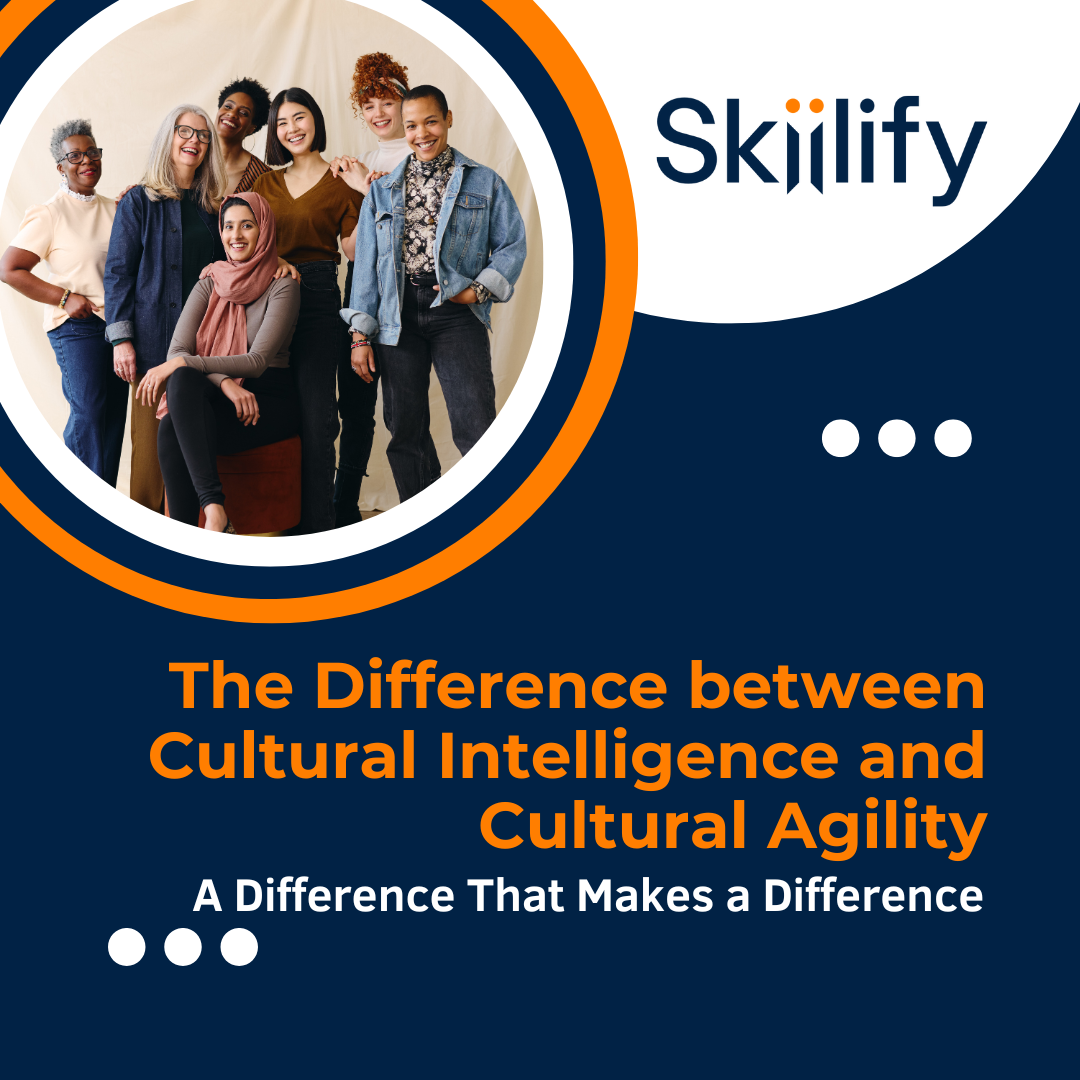
The Difference Between Cultural Intelligence and Cultural Agility
In today's global world, it's more important than ever to understand and work well with people from different cultures. Two key skills that help with this are cultural intelligence (CQ) and cultural agility. Although they are related, they are not the same. Knowing the difference between them can help you succeed in a multicultural environment.

The Importance of Cultural Agility in Leadership
In today’s world, leaders need to be able to navigate different cultures to be effective. As someone who studies how people can build important skills, I’ve spent years learning about what makes a leader successful in multicultural settings. Cultural agility is the ability to work comfortably and effectively with people from different cultures, and it’s a key skill for leaders. You can learn more about how to build cultural agility through the online development tool offered by Skiilify called myGiide.
